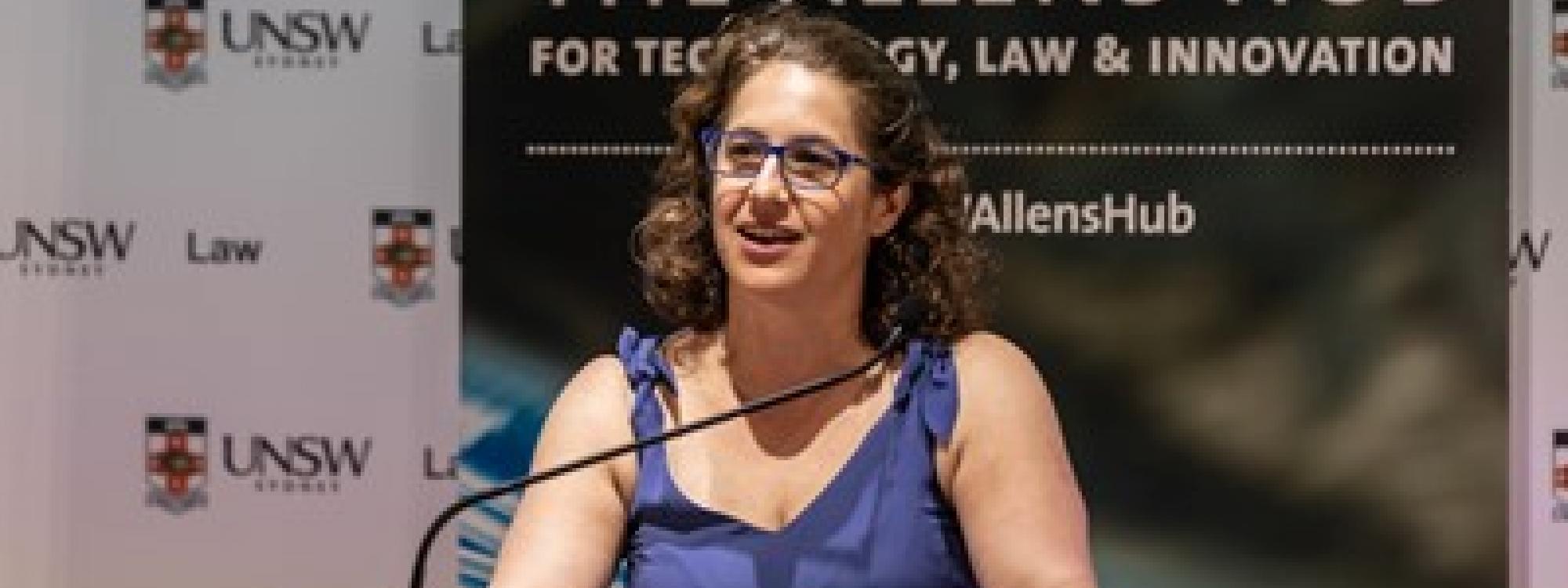
Hub combating the educational gap between technology and law
Technology is being increasingly used in legal practice to make decisions, however the number of lawyers with expertise across both domains is small.
Allens Hub Director, Lyria Bennett Moses has worked with academics in the UNSW faculties of Science, Business and Engineering, as well as colleagues in Law, to develop a new double degree program aimed at closing the gap between technology and law. Consequently, from 2019, UNSW will offer a combined undergraduate degree in Data Science and Decisions / Law.
The program combines the professional LLB program with a Bachelor of Data Science and Decisions, hosted in the Faculty of Science but incorporating courses in the Faculty of Engineering and UNSW Business School.
Professor Bennett Moses said the three-year Bachelor of Data Science and Decisions has been developed to train scientists to meet the current, and future, strong demand for Data Scientists and Data Analysts. The combination with Law creates an opportunity for graduates to gain skills in both domains, which is increasingly important as data science and data analysis plays a growing role in legal practice and the legal system more broadly.
“This new degree is something that we feel is crucial if future “legal tech” is to be designed in ways that build in a deep understanding of both the methods used in data science and the importance and meaning of core legal values, including the rule of law. In the United States, judges have endorsed risk assessment tools in the criminal justice system that are opaque and treat people differently based on immutable characteristics (such as race) and things that have happened to them (such as parental divorce). By ensuring a new generation will have access to dual expertise, we hope to avoid such mismatch of technology and context in the future”, Professor Bennett Moses said.
The lack of lawyers with expertise in both law and technology has implications for the delivery of justice as inappropriate methods are often employed by those who have insufficient knowledge of the legal domain. However, it also creates opportunities for those with dual expertise to find better ways to use data science to enhance access to justice, increate rates of settlement and improve the efficiency of legal practice and the broader legal system.
A full description of the new dual degree is in the UNSW Handbook here